Leadership in Action - Research and Resilience
.jpg)
enjoying my summer,
including my Laidlaw project.
As a biochemical engineering student, I had been exposed to stem cell therapy; I had heard good things about it – an exciting option with potential to cure diseases that had historically been largely untreatable, like arthritis and spinal cord injury. I set out to investigate how feasible stem cell therapy was in the Caribbean.
I quickly realised that there was much more to stem cell therapy than met the eye. For one, mesenchymal stem cells (MSCs) – the star of the show – are not actually a stem cell at all. Next, while MSCs have certainly exhibited healing capability, there was a consistent lack of demonstration of reliable efficacy across various diseases and dozens of clinical trials. Despite this, there was massive [unregulated] commercialisation across the globe, and even in the Caribbean. This degree of unregulated healthcare poses significant problems.
However, there are also arguments for unregulated therapy including the inertia and lag of the regulatory process, the capitalist agenda of big pharma, and the well-established safety of MSC therapy. The ability to present a balanced view was particularly facilitated by Laidlaw, as I have no financial incentive to support either side of the argument.
To conclude, there has been much commercialisation of stem cell therapy and regulation, particularly in developing nations like the Caribbean, is not up to speed. Hopefully the report can pave the way for more regulation in the future, ultimately leading to greater, and safer, accessibility.
In terms of leadership takeaways are, the two major ones are, 1) Research to make critical conclusions and 2) Resilience.
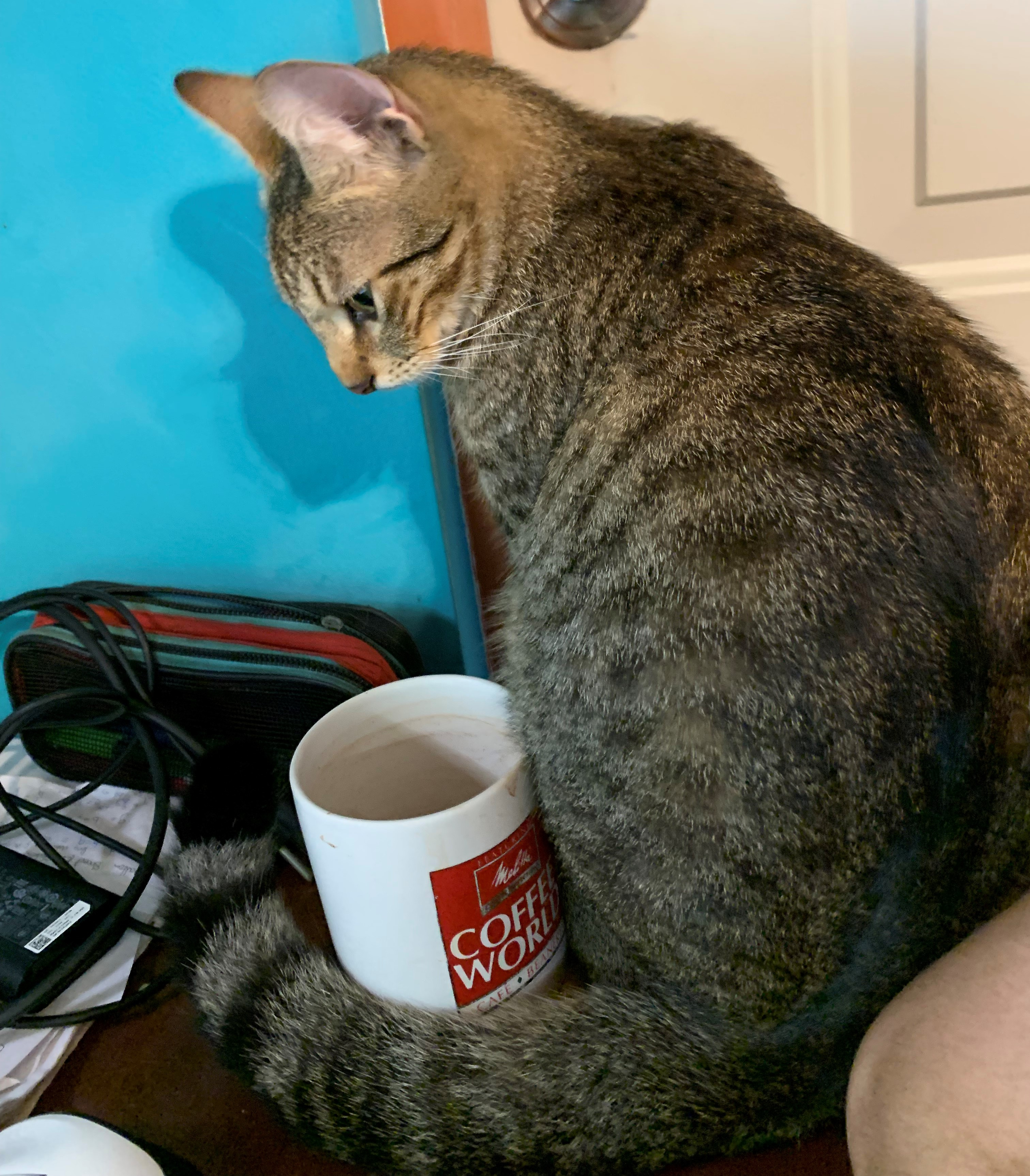
make your research more enjoyable
and strengthen your resilience. :)
It was very exciting to research a real-world topic, (that you hear a little bit about in classes at university) and go out on your own two ‘feet’ and discover what’s really going on. It was genuinely a discovery journey, with each new paper adding clarity to what these cells actually are, what they can do, what the landscape is like. Because the therapy is still new, and yet heavily commercialised, it made sifting through all the information to find the critical truth an interesting task. But I have to say, I enjoyed it. Once upon a time, if the answer was not clear cut and completely objective, I would internally panic… but I have matured in my scientific outlook. I was able to enjoy the critical nature of this research, and for that I am very grateful.
This feeds into my second point on resilience – I think part of resilience is working with what you have. The age-old saying – ‘no use crying over spilled milk,’ captures this well. A major adjustment I had to make was when, after investing significant time making a robust survey, I was told the ethics commission was on vacation until September! At that point I had to make the choice to just keep moving. Adaptability is crucial. These things truly build resilience, which is so crucial to face the world, and its unavoidable setbacks, successfully. I’ll nuance this by saying that by planning ahead as much as possible, one can avoid unnecessary ‘resilience-building’, so to speak :).
I’ll make a plug here for impostor syndrome – I definitely experienced it; I know my colleagues did too (I’m grateful they shared their experiences). I think it’s natural, but the key to overcoming is to know what you know. Once you know you are called to be doing this research, at this place, then you’ll be able to do it well.
Additionally, I think this project has really positioned me well for more science communication (the pandemic has really highlighted the importance of this) which I very much enjoy.
Overall, the LiA (and the entire LL experience, including the leadership workshops) was a thoroughly enriching and equipping experience. I’m very grateful to Lord Laidlaw, our UCL manager Chris, our leadership-development facilitators, Daniela and Adair, and all my fellow scholars. I’m grateful that I stuck with the process and encourage everyone reading this to do the same, for whatever process you’re going through!
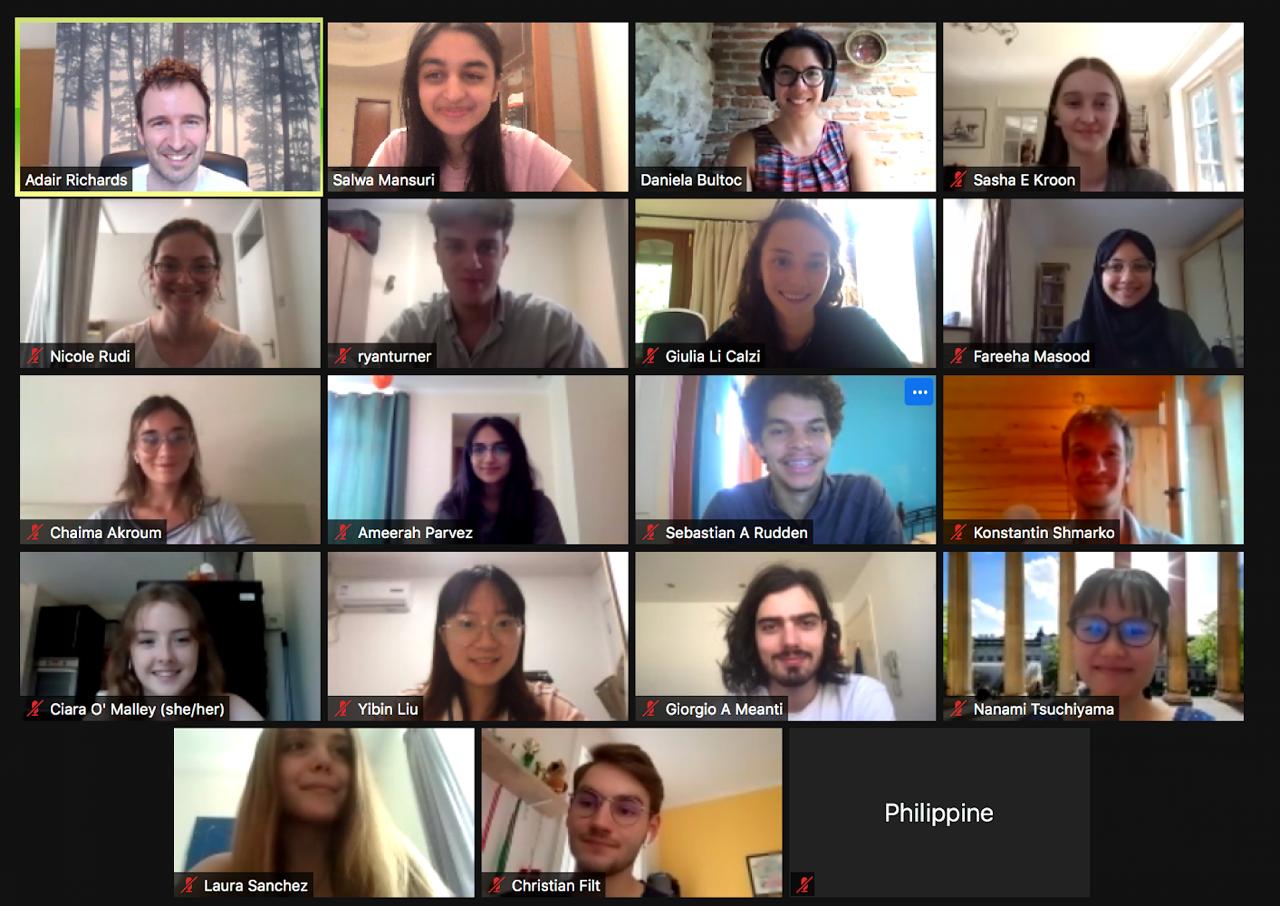
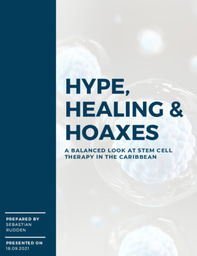
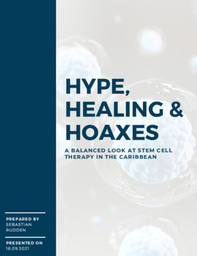
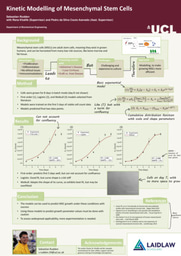
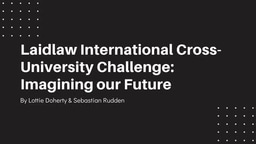
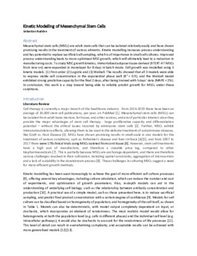
Please sign in
If you are a registered user on Laidlaw Scholars Network, please sign in